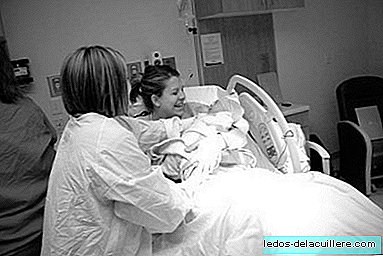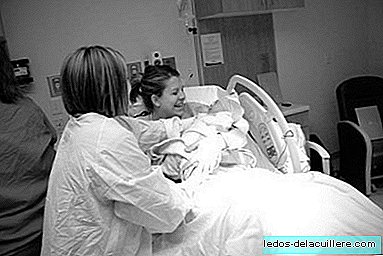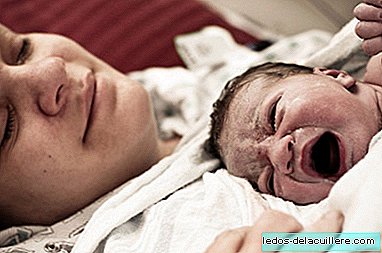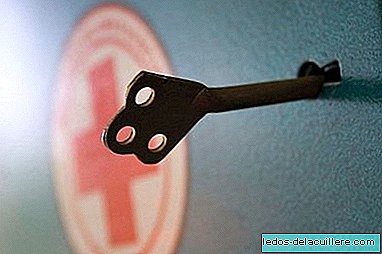
The ten steps towards a happy breastfeeding have a scientific basis for its formulation. In the case of the separation between the newborn and the mother, there are effects on the duration of breastfeeding.
According to the WHO in a document entitled "Scientific Tests of the Ten Steps towards a Happy Natural Breastfeeding", a 1984 study (Elander G. and Lindberg T.) found an exclusive breastfeeding rate at three months of 37% in the group of mothers and babies separated and 72% in the group not separated.
The study is titled "Short mother-infant separation during first week of life influences the duration of breastfeeding", which we could translate as "A short mother-child separation during the first week of life influences the duration of breastfeeding."
The conclusion of the investigation shows that even a banal disease that causes a brief separation between the newborn and his mother may decrease the duration of breastfeeding, although newborns have continued to breastfeed during separation.
Therefore it is recommended to apply the joint housing and not in nests or cribs, even for mothers who do not want to breastfeed.
A frequent argument for accommodating babies in nests is that mothers need to rest, and that they will not be able to sleep if the babies stay with her at night. Waldenström and Swenson (1991) studied the effect of encouraging mothers to stay with their babies at night, when daytime joint accommodation was already practiced.
The presence of the baby during the night did not affect the number of hours of sleep or the alertness of the mothers during the day, although at night they breastfed more frequently.
Keefe studied mothers' nighttime sleep (1988) and children's sleep patterns (1987) in a joint housing group from 7:00 am to 11:00 pm, where babies spent the night in the nest room . No significant differences were found in the number of hours the mothers slept or in the quality of their sleep.
Seven of the ten mothers in the nest-room group took sleeping pills at least once during the two nights of the study, compared to none in the group with joint accommodation.
Definitely, the separation of the mother and the newborn has effects on the duration of breastfeeding, reducing it, and it does not seem that nest accommodation benefits anyone's dream.












